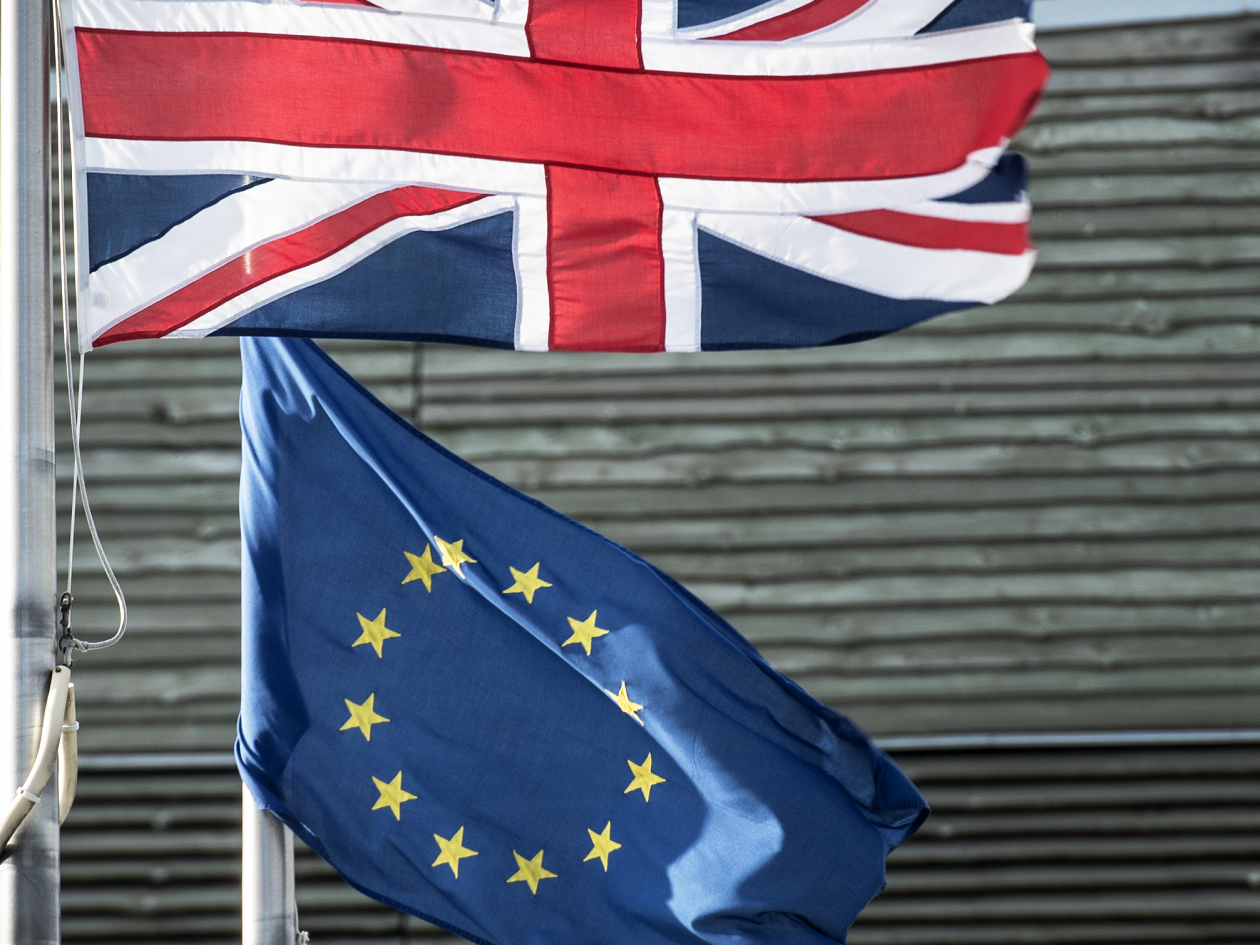Researchers are offered early access to data on attitudes towards the EU Referendum from Understanding Society, the UK Household Longitudinal Study, collected during 2016.
When wave 8 began in January 2016, Understanding Society started asking its participants ‘whether the UK should leave the EU or remain a member’ and it will continue asking the EU Referendum question until the end of 2017.
In order to better inform policy and public debate, the data generated from the EU Referendum question is going to be made available to a limited number of researchers in April 2017.
The initial data made available to successful applicants will include interviews from the first year of wave 8 (2016). Other sample selections from wave 8 will be considered if a strong case is made by the research question. Read all types of data that will be available in the Call for proposals
We welcome applications from academics based in the UK or elsewhere – academics from countries outside the UK are welcome to apply, but must ensure that at least one co-author attends all meetings – the initial set up meeting, the academic symposium and the non-academic public engagement event. Applications from research teams that include PhD students will be considered but must include a more senior researcher.
How to apply
- Read the Call for proposals
- Discuss the proposal with Dr Nicole Martin
- Send the application via email to Dr Nicole Martin by 13th March 2017.
This application should provide information on:
- The research objective and its contribution to the understanding of the EU referendum result (max 500 words).
- The research design, including the list of variables is required for the analysis, the analytical sample, and which subsamples of Understanding Society this will draw on.
- Short biographical information about the proposers (max 200 words for each person).
The research proposed must:
-
Advance the understanding of the decision to leave the European Union or its consequences.
-
Have a clearly defined research question and an appropriate research design.
-
Clearly specify which variables proposers intend to use in their analysis, and at which wave these are available. Specific data files will be produced for each research project so it important that researchers are clear what data is needed. As this data is being shared early, not all elements of the value-added data that is released with Understanding Society will be available. For instance, detailed income data will not be available for waves 7 or 8, but are in the released data for waves 1-6.
-
Specify the effective sample for their analysis, and which of Understanding Society’s subsamples this will draw on. For instance, will this analysis be best completed on the British Household Panel Survey sample, or the General Population Sample? Will the Ethnic Minority Boost sample be required?
Timeline
13th March: Deadline for receipt of applications.
13th April: Proposers informed of the success of their application.
4th May: Project planning meeting and release of data (Essex).
28th June: Academic symposium (tbd).
Mid-September: Public event held with UK in a Changing Europe (London).
